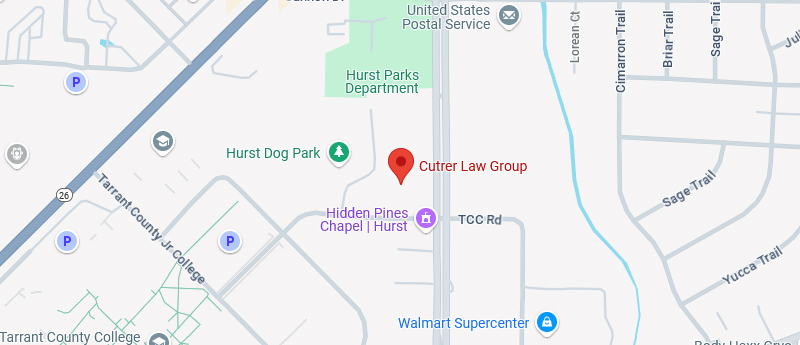Probate, the formalized legal process in which estates are settled, happens in every situation. It is merely the name of the process that ultimately decides who receives ownership or responsibility over an estate or the contents thereof after someone dies.
If there is an active will left behind by the deceased, the county where they had resided ensures that their final wishes are taken into account. However, if there is no valid will, assets of the estate are distributed following state law.
Why Do I Want to Avoid Probate or Probate Court in Texas?
While it is a common misconception that avoiding probate allows succeeding individuals to prevent estate taxes on assets left behind, there are other reasons one would want to avoid the probate process as a whole.
- During a long probate process, expenses can compile extremely quickly. During the process, which is intended to be prepared and automatic, the longer it takes, the more of the following accrue;
- Court Fees
- Probate Fees
- Attorney Fees
- Executor Fees
- A full probate proceeding can easily become a time-consuming process. During the aforementioned time, assets are frozen or tied up in courts that the executor of the estate could need to liquidate to pay off final expenses or leftover debt.
- When a will is probated, beneficiaries (or those with a valid argument against the will) may testify against the will’s statements or their validity. These arguments amongst families are only some potential family-splitting arguments that may arise during a probate process.
- During the probate process, records become fully public. To ensure the privacy of your assets, avoid it at all costs.
How Can I Avoid Probate Court in Texas?
Before deciding what path you would choose to avoid leaving your family behind in a probate mess, you will want to speak with a family law attorney. However, some general strategies to prevent the process are;
- Create a Living Trust designating someone as trustee over your assets as your successor
- Sign over partial ownership of your estate, or join in a joint-ownership agreement, exercising the right of survivorship
- Ensure your documentations include “transfer-on-death” and “payable-on-death” stipulations
- Create a Testamentary Trust
Who Can Help in Ensuring My Family Isn’t Stuck in a Lengthy Probate Proceeding After I Die?
When you pass on, you’ll want to leave a legacy, not a burden. Don’t allow lengthy and onerous probate procedures to mar your memory and stress your loved ones. Call and set up an initial consultation with us today at (805) 244-5291. Our team is waiting to help you leave your estate.





 1845 Precinct Line Road
1845 Precinct Line Road info@akcfamilylaw.com
info@akcfamilylaw.com 817-854-1651
817-854-1651



